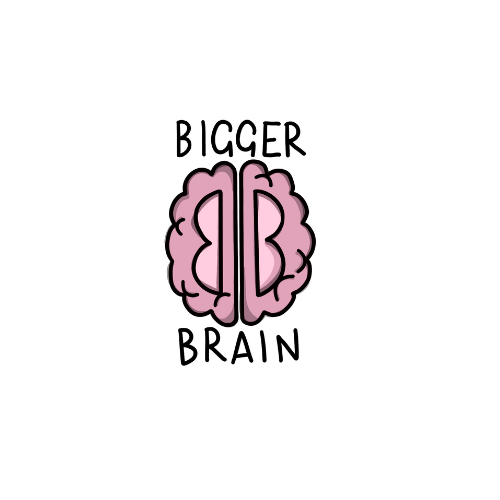For any college student, the journey to academic success is intricately tied to the study habits cultivated over time. As a fellow scholar navigating the demanding landscape of higher education, let’s embark on an exploration of the profound impact study habits can have on academic progress. We’ll unravel the threads that weave effective study habits into the fabric of educational success.
Laying the Foundation
From basic skills cultivated in early education to the strategic use of study techniques, every element contributes to the mosaic of academic progress. In the pursuit of excellence, understanding the profound impact of study habits is not just a choice, but a key to unlocking the doors of educational success. Simultaneously, recent developments in Oregon have seen a shift in high school graduation standards, with the state passing a law eliminating the requirement for students to undergo testing in math, reading, and writing. This legislative move represents a departure from traditional testing expectations, reshaping the landscape for high school students completing their education.
Planting the Seeds of Success
The seeds of becoming a young genius are frequently sown through the influence of early education on study habits. Cultivating a base of effective study techniques in the formative years holds the power to profoundly shape a student's journey. Nurturing curiosity, instilling reading habits, and inspiring a passion for learning from a tender age all play pivotal roles in fostering the development of study skills that become indispensable in subsequent academic pursuits.
Study Habit Guidelines: Navigating the Maze of Techniques
Time Blocking: The Power of Structured Study Sessions
Creating a study routine involves allocating specific blocks of time to different subjects or tasks. Time blocking not only enhances focus but also ensures a balanced approach to learning various topics.
Active Engagement: Beyond Passive Learning
Passive learning, such as reading or listening, is often insufficient for effective retention. Actively engaging with study material through techniques like summarizing, teaching concepts to others, or solving problems enhances comprehension and recall.
Strategic Use of Resources: Quality Over Quantity
In the digital age, resources abound, but effective study habits involve discerning quality over quantity. Utilizing reputable sources, leveraging educational platforms, and seeking guidance from professors contribute to a more enriching learning experience.
Consistent Revision: Reinforcing Knowledge
The forgetting curve highlights the tendency to forget information over time if not reinforced. Regular and consistent revision, spaced over intervals, aids in long-term retention and reinforces understanding.
Mind-Body Connection: Prioritizing Well-being
Study habits extend beyond academic pursuits; they encompass overall well-being. Prioritizing physical health, mental well-being, and adequate sleep directly impact cognitive function and, consequently, academic progress.
Impact of Study Techniques on Progress
The correlation between study habits and academic progress is undeniable. Effective study techniques not only enhance understanding and retention but also contribute to a holistic educational experience. By adopting structured study routines, engaging actively with course material, and leveraging resources strategically, students pave the way for a seamless journey towards academic success.
Crafting the Path to Success
As a college student navigating the labyrinth of academia, the significance of study habits becomes clear. From basic skills cultivated in early education to the strategic use of study techniques, every element contributes to the mosaic of academic progress. In the pursuit of excellence, understanding the profound impact of study habits is not just a choice but a key to unlocking the doors of educational success. It's time to embrace effective study habits, charting a course towards progress and achievement in the realm of higher education.

